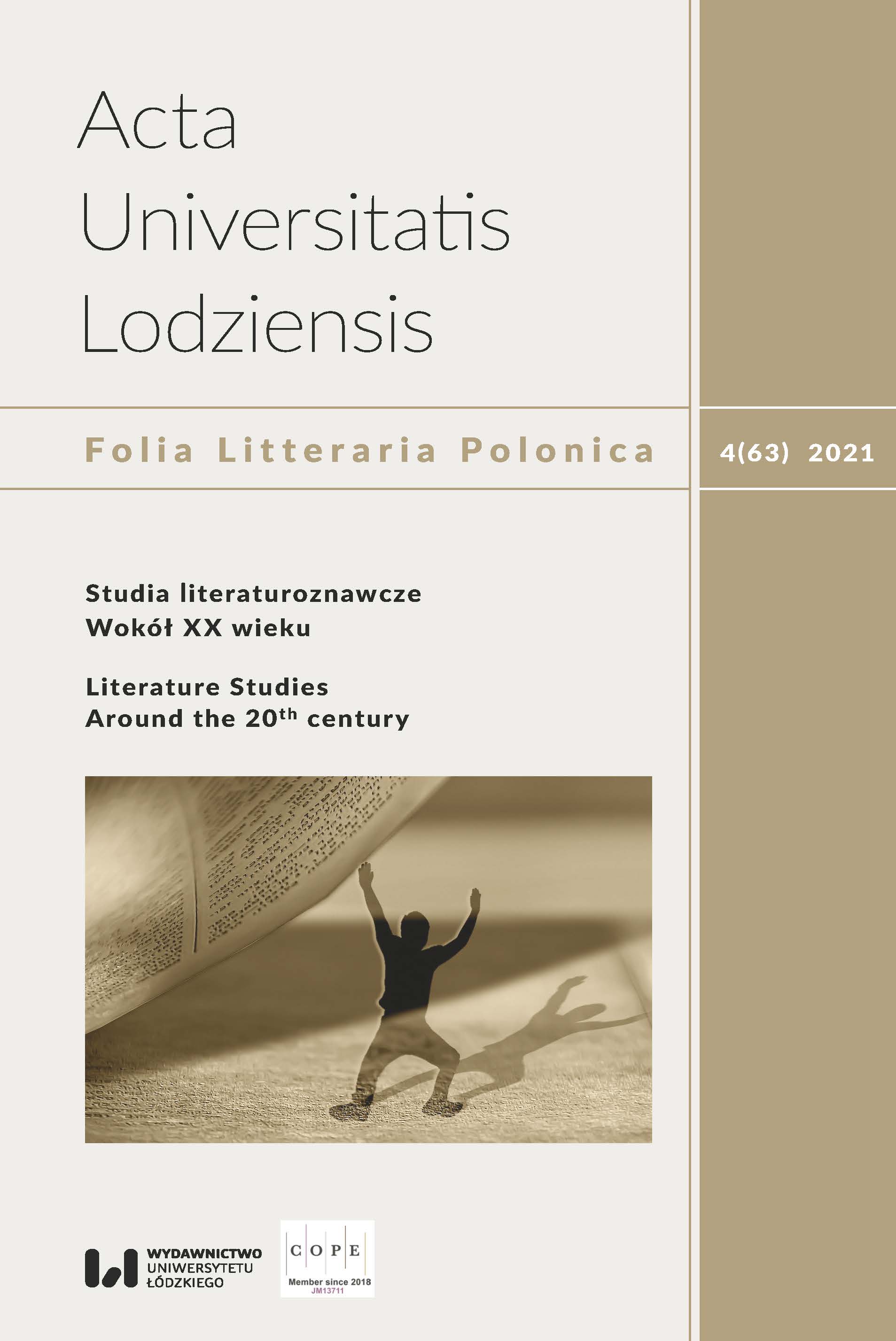Tragizm, absurd, paradoks – wokół słownika pojęć Waltera Hilsbechera
Tragedy, absurdity, paradox – around Walter Hilsbecher’s dictionary of concepts
Author(s): Paulina FrankiewiczSubject(s): Philosophy, Studies of Literature
Published by: Wydawnictwo Uniwersytetu Łódzkiego
Keywords: tragedy; absurdity; paradox; philosophy of absurdity; Walter Hilsbecher
Summary/Abstract: In this article, I make an attempt to define terms such as: tragedy, absurdity, and paradox as conceived of by the German essayist Walter Hilsbecher. This is a task which is both difficult and interesting, mainly because of the fact that concepts from within speculative philosophy are relatively rarely subject to scrupulous definitions. The reason for this state of affairs lies in the difficulty to capture the meaning of these concepts within a rigid framework. These problems also appear in Hilsbecher’s 1972 work titled Tragizm, absurd, paradoks [Tragedy, Absurd, Paradox]. The philosophy of the absurd – the methodological separation of which I propose – has the absurd for its central concept, but it is a concept which eludes sharp definitions, too. This article aims to reconstruct Hilsbecher’s vocabulary of concepts crucial to the philosophy of absurdity in reference to the tradition of contemporary speculative philosophy. By locating the German writer’s thought in the context of other authors working in a similar thematic and stylistic context (such as A. Camus or H. Bergson), I will outline this specific strand of philosophy.
Journal: Acta Universitatis Lodziensis. Folia Litteraria Polonica
- Issue Year: 63/2021
- Issue No: 4
- Page Range: 111-126
- Page Count: 16
- Language: Polish

